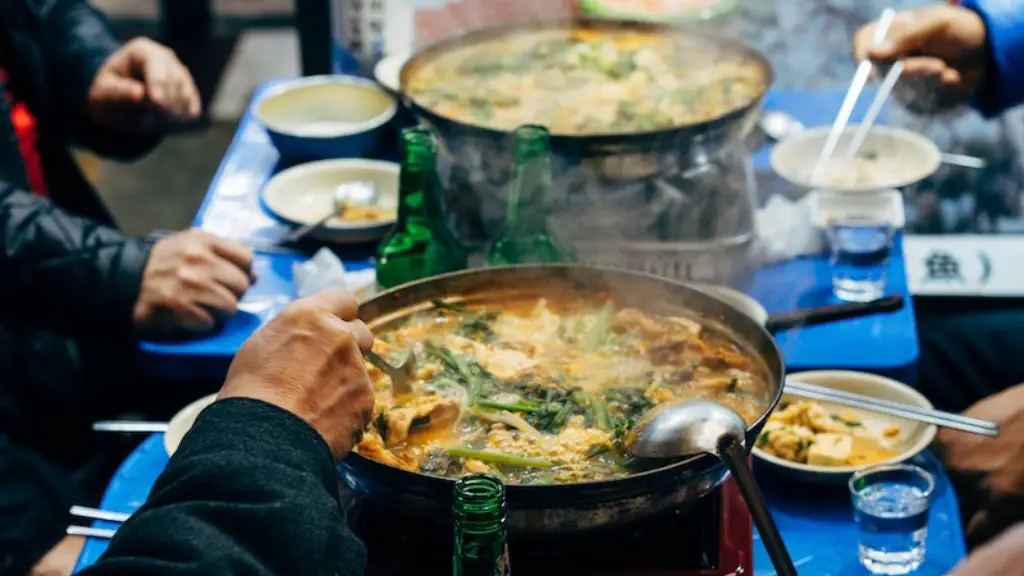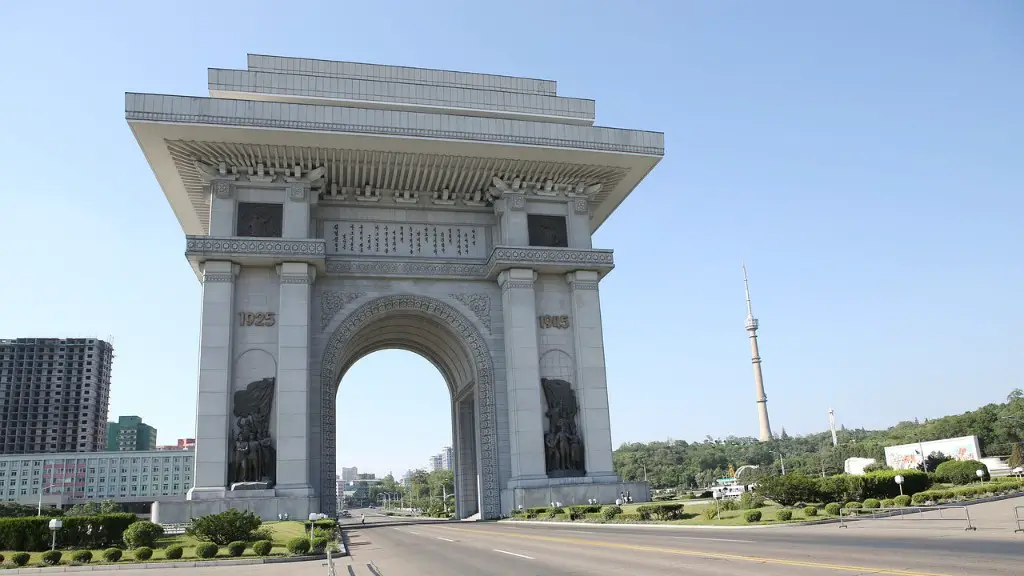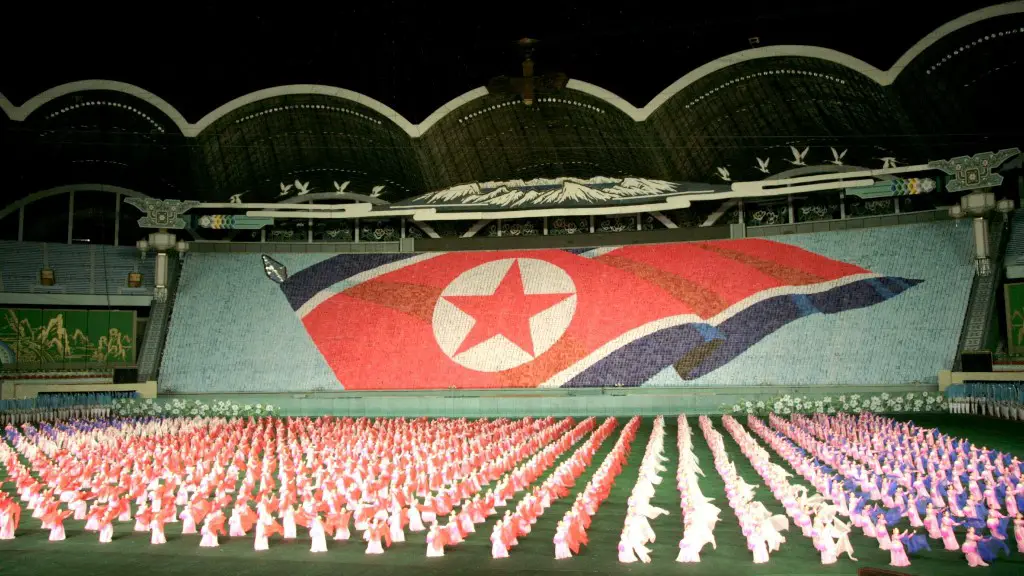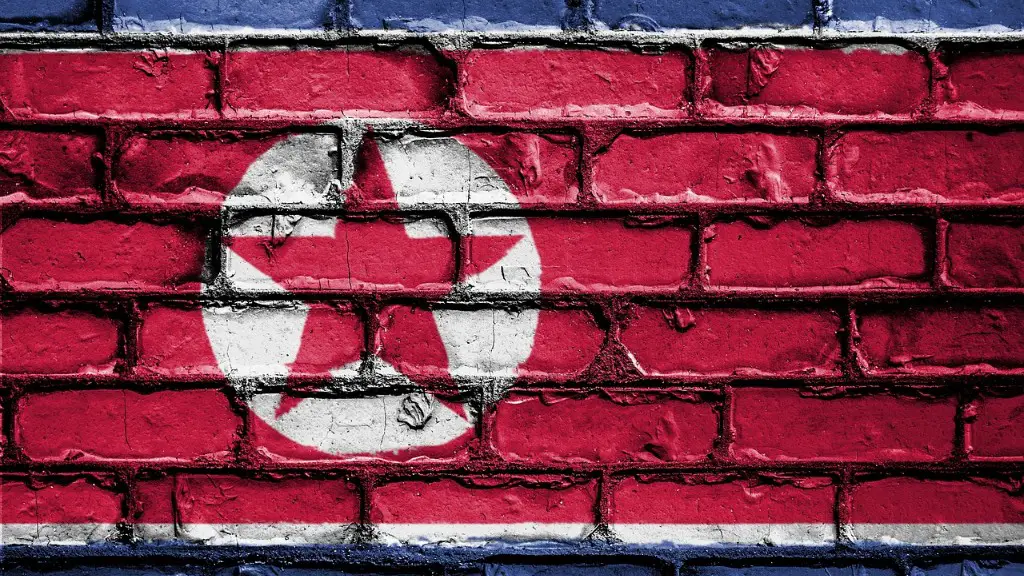Introduction
North Korea is an enigma to Westerners, characterized as a seemingly closed country aggressively hostile to the outside world. But while little is known of the day-to-day lives of its citizens, it is said that the majority of North Korean people work, often in jobs that are either government sanctioned or those granted through the country’s unique system of connection or networking. The purpose of this article is to examine in detail the various types of jobs present in North Korea and to analyse the implications of these job roles on the lives of its citizens. Additionally, this article will also study how the North Korean people are affected by the hidden economy and unregulated industry within the country that is largely based on bribery and smuggling.
Types of Employment
The economy within North Korea is largely supported by agriculture, light industry, and coal, graphite and other mineral exports. Much of the population is engaged in either state or collective farms, or state operated industry. State jobs comprise of government and military roles, both being among the most sought after forms of employment; with the majority of citizens participating in the workforce ranging from manual labourers to technicians and professionals. It has also been observed that despite its immense control of the people and resources, the North Korean government is unable to sustain a middle-class society, with the majority of its citizens working in manual and informal employment in a black market context.
Employment in the Hidden Economy
The North Korean economy also has a distinct black market in which many North Koreans engage and work in to provide for themselves and their families. This hidden economy is made up of mostly informal employers such as small owner-operators, independent and family-run businesses. These often pay workers in a variety of prohibited goods and services such as electronics, cigarettes, clothing and various hand crafted items. Many of those working in these professions are self-employed or operate unlicensed businesses, and do not enjoy the same protections or economic stability as those who are employed in state sanctioned corporations.
The Impact on the Population
Due to the lack of a reliable market based system, wages are often extremely low and the only real access to larger amounts of money is through bribery, corruption or successful smuggling. This has created a culture in which people ‘survive’ rather than ‘live’, with little sense of individual progress or financial stability, and very little stability in terms of distribution of wealth. Furthermore, the lack of access to secure employment and legal trading has caused a large portion of the population to stay below the poverty line, and for those trying to live on what little money they earn, the cost of living is a constant struggle.
Impact of Smuggling on the Country
The prevalence of bribery and smuggling/trade has resulted in an environment of illegal activity and an increase in North Korea’s trade deficits and debt burden. Trade deficits are particularly detrimental to the North Korean economy, as they make up a large chunk of total economic output, and the lack of information or freedom of speech make it difficult to monitor its accuracy. Additionally, the inability to properly monitor production statistics has resulted in a lack of predictive data and limited understanding of the functioning of the economy.
International Sanctions and its Effects
Sanctions imposed by the United Nations (UN) Security Council have also contributed to the decreased working opportunities for North Korean citizens. Without access to international markets, North Korea has become highly dependent on outside sources to finance its networks and industries. This depletion of resources has lead to a decrease in the number of available jobs, and an increase in poverty rates. Additionally, the restrictions being placed on the country by the international community have virtually ground the North Korean economy to a halt, due to its inability to engage in international trade and export of goods needed to sustain economic survival.
How Employment is Viewed
Employment in North Korea is viewed as a means of social status, and the country’s culture of loyalty and obedience is highly connected to the concept of earning a living. With this mentality, private sector jobs and individual enterprise are largely frowned upon. These jobs are seen as unethical, due to their connection with the hidden economy, corruption, and the black market. Furthermore, individual enterprise can be considered as a form of defiance against the government, and is seen as an unacceptable way of supporting oneself.
Welfare and Upward Mobility
It is difficult for many citizens in North Korea to gain access to a job role which could offer them the ability to move up the social ladder, to gain financial stability, and to accumulate wealth. The government tightly controls all possible sources of income, and this poses a challenge for citizens who wish to engage in economic activities or build successful businesses without fear of being labeled and targeted by the government. Moreover, social welfare is virtually non-existent in North Korea. The lack of a safety net has meant that many citizens live in poverty, and have to engage in activities such as bribery and smuggling to acquire basic necessities.
Substandard Working Conditions and Living Wages
Substandard working conditions and inefficient wages are seen throughout North Korea, with the majority of workers earning wages that are well below international labor standards, and lacking any social or legal protection. This has resulted in a decrease in the overall health and wellbeing of North Koreans, with many jobs resulting in hazardous working environments and/or inhumane travel conditions. Additionally, the lack of access to adequate medical treatment and protection has meant that workers often live in deteriorating health.
International Intervention
Given the severity of the situation in North Korea, there have been various calls for international intervention in order to address the issue of employment and economic insecurity within the country. This includes pressing the government to improve wages, provide access to training and certifications and social welfare benefits, and to ensure that the rights of workers are respected and protected. Additionally, some international organizations and individuals have called for the democratization of the North Korean workforce, an increase in freedoms for its citizens, and for greater access to resources for those living in poverty.
Work Opportunities for Women
Women in North Korea face particular disadvantages and disadvantages when it comes to jobs. Historically, women have been excluded from many areas and actions are being taken by the North Korean government to improve the access and conditions of work for North Korean women. However, the lack of access to legal protections and minimal gender equality still exists, leaving many women still struggling to find adequate job opportunities and be financially independent in the country.
The Role of International Organizations
International organizations such as the UN and various NGOs have been working to support the improvement of working and living conditions in North Korea. These efforts have included providing aid in the form of food and medical supplies, supporting the provision of legal counsel and protection to victims of human rights abuses, and advocating for greater economic and political freedoms. Additionally, these organizations have also endeavored to increase access to education and job training programs, to better equip workers with the skills that they need to succeed in their occupations.
Conclusion
Overall, it is clear that North Korea has a highly complex relationship with employment and the working environment. Despite the state funded and black market opportunities that exist within the country, the lack of access to secure jobs and social welfare can make it a challenge to succeed economically. This is further complicated by international sanctions and government policies that limit the freedoms and resources of its citizens, resulting in a society based largely on bribery, smuggling, and unsafe working conditions.



